ASD File: IHBBA-R
AUBURN SCHOOL DISTRICT
LIMITED ENGLISH PROFICIENT PROGRAMS
PARENT NOTIFICATION FORM
Dear Parent/Guardian:
Your child,_____________________________, has been identified as needing help to learn
English. To help improve his/her English skills, we have placed him/her in a (name of program):
________________________________________to help improve his/her English skills.
He/she has been identified as an “English Language Learner” (ELL) student and in need of help to
learn English because:
_____________________________________________________________________
Specifically, your child has the following levels of English Language skills:
We determined those levels in the following ways:
The status of your child’s academic achievement is:
Please see the attached pages for more specific information on the program we have chosen to improve your child’s English skills.
We encourage you to become involved in your child’s education. You can help him/her to learn English, achieve in his/her other academic classes, and meet the same standards that all students are expected to meet.
Please read the attached pages carefully. If you have any questions about your child’s program, or if you would like to change your child’s program, we would like you to speak with:
_______________________________________________________________.
All of us in the district are excited about improving your child’s English and overall academic skills.
Sincerely,
ESOL Teacher
(Attach other pages as appropriate)
The following is a sample notification to parents of Limited English Proficient (LEP), students in a question-and-answer format. It is intended to be used in conjunction with a letter similar to the one on the previous page. Question 5 should be included only if the student has an Individualized Education Program (IEP).
Q1. What is my child’s designed to do?
(program name)
A1. This program is designed to help him/her learn English by
(describe)
It will meet your child’s educational strengths and needs by
(describe)
It will help your child be promoted and reach graduation by
(describe)
Q2. What results can I expect from my child in this program?
A2. By the time your child finishes this program, we expect that he/she will be able to do the following:
[Describe exit requirements, including “go from this program into a regular classroom at the following rate: (describe rate),” and for secondary school students, “graduate from high school at the following rate: (describe rate).”]
Q3. What methods will this program use to help my child improve his/her English Language skills?
A3. Your child’s program will use the following methods of instruction:
(describe)
Q4. Does the district offer other programs for English learners different from my child’s?
A4. Either “No, we do not” or “Yes, we offer .”
(name of other program offered)
Q5. My child has a disability and has an Individualized Education Program (IEP). How will this English Language program meet his/her special objectives?
A5. To meet your child’s IEP objectives, this English Language instruction program will:
(describe)
